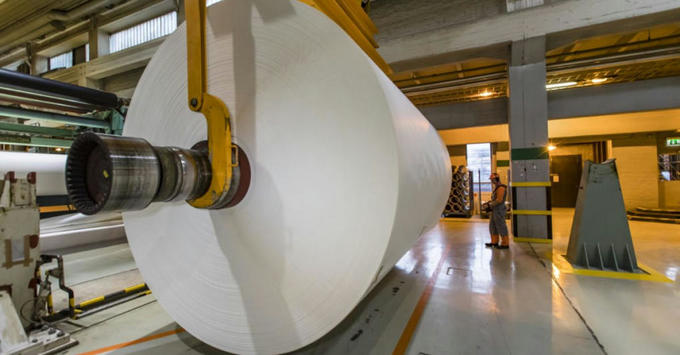
Pulp and paper manufacturer Stora Enso has launched a feasibility study to assess the potential to further reduce CO2 emissions at the group’s Imatra site in Finland.
The group believes that replacing fossil-based fuels with bio-based materials would improve the environmental performance of the site.
Imatra Site
The Imatra site is one of the world’s largest production sites for consumer packaging board, with more than 90% of goods produced there exported to Europe, Southeast Asia, and other continents.
The group's feasibility study is expected to be finalised in mid-2023.
The planned changes will require investment, which will be looked into after the feasibility study is finalised.
Mill director Mikko Nieminen, said, “We have already done a lot to reduce the emissions of the site. A new, more efficient wood handling and debarking line will be finalised during the autumn, reducing the water consumption up to 85% in the debarking line.
“The recycling and further usage of waste generated at the mill is already today world-class, exceeding 99%. Now we are studying the possibility to reduce the fossil CO2 emissions even further, aiming approximately to a 45% reduction.”

Read more...
About the Author

EcoVadis is a purpose-driven company whose mission is to provide the world's most trusted business sustainability ratings. Businesses of all sizes rely on EcoVadis’ expert intelligence and evidence-based ratings to manage risk and compliance, drive decarbonization, and improve the sustainability performance of their business and value chain. Its AI-powered risk mapping, actionable scorecards, benchmarks, carbon action tools, and insights guide a resilience and improvement journey for environmental, social and ethical practices across 200 industry categories and 175 countries.
Follow on Linkedin
Visit Website
More Content by EcoVadis EN
Follow on Twitter Follow on Linkedin Visit Website More Content by EcoVadis EN
























